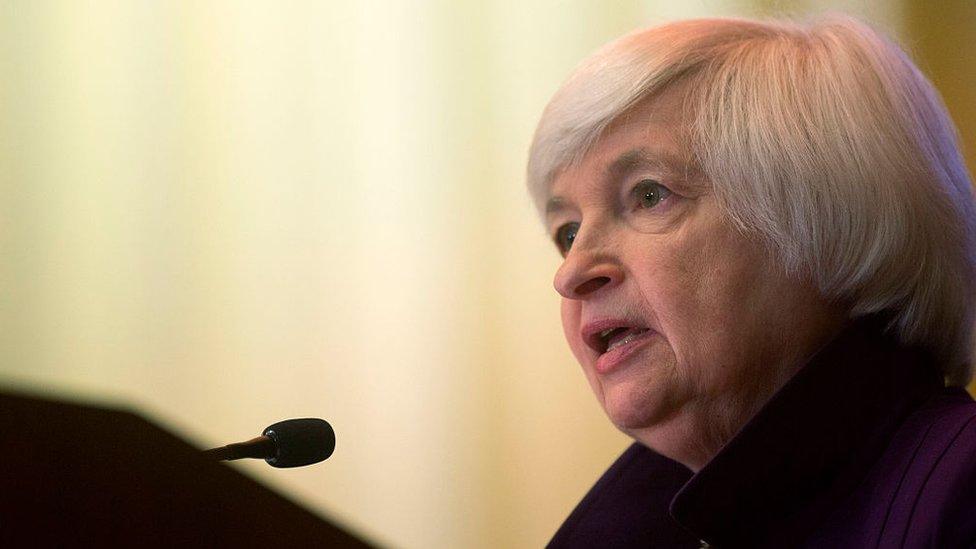Will cutting interest rates increase inequality?
- Published
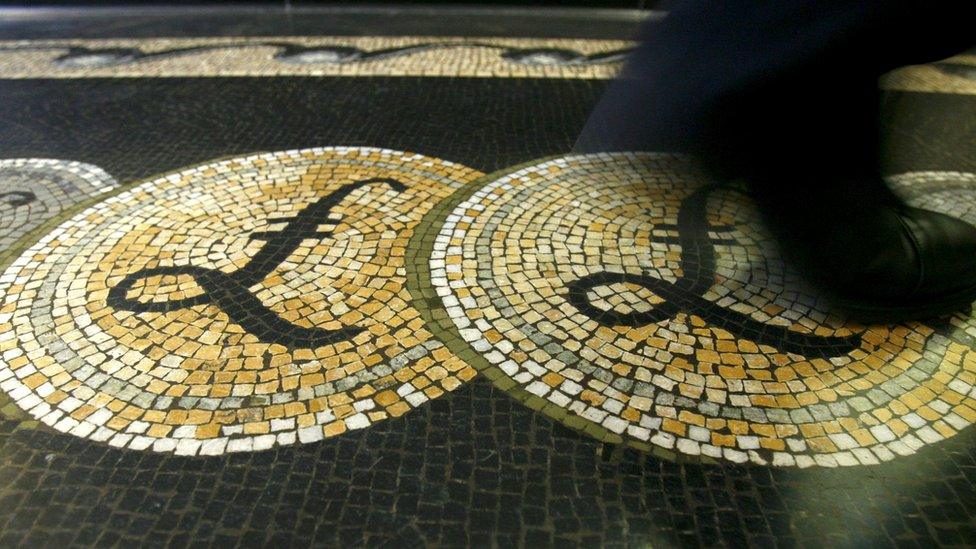
The Bank of England might decide to cut interest rates this week. If it does, the aim will be to stimulate stronger growth and higher, yes higher inflation.
But such a move would have other consequences too. What, for example, would it mean for inequality?
There is no guarantee that there will be a rate cut. In fact, some members of the Bank's rate setting body, the Monetary Policy Committee, external, have been cautious about an early move.
The main alternatives open to the bank are a cut in its official policy interest rate from the current all-time low of 0.5%, or a resumption of its quantitative easing (QE) programme which involves buying financial assets with newly created money. Both tend to reduce interest rates across the economy.
These policies also have the potential to alter the distribution of income and wealth.
So what is the evidence so far?
Much ink has been spilled over the rather wider question of how inequality has developed in the years since the onset of the financial crisis. Definitions, data sources and the choice of dates for making a comparison can make quite a substantial difference to the conclusions.
So can the distinction between income and wealth.
There is also a lot going on that feeds into income and wealth distribution other than interest rate policy. Developments in the labour market affect pre-tax pay levels. Tax and benefits policies also leave their mark.
Low interest rates are obviously helpful to borrowers. In the period since the financial crisis that applies strikingly to developed economy governments, whose debts have increased markedly.
But the policy is obviously unwelcome to people - savers - for whom interest is a source of income. It's another question though whether higher rates really would have made them better off.
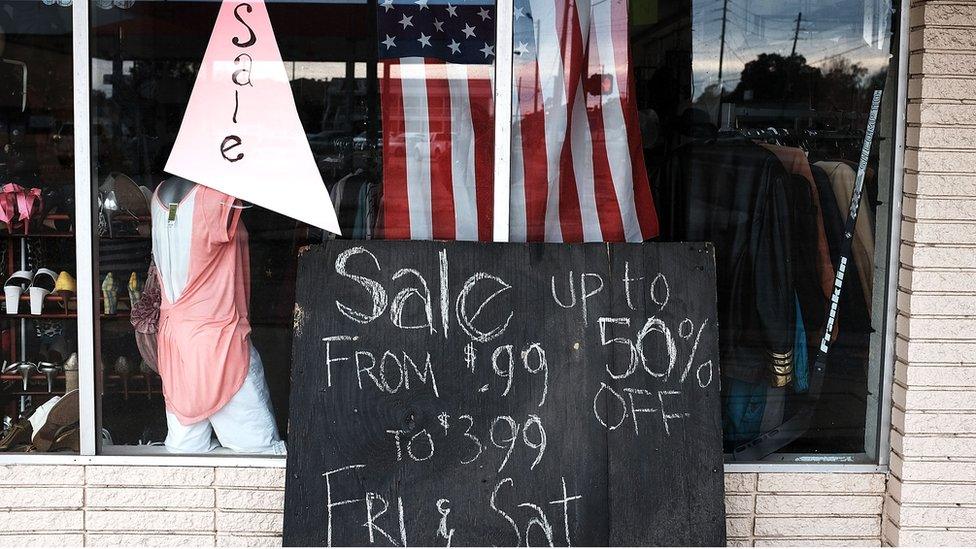
Some US economists have argued low interest rates have increased poverty there
Benoit Coeure, a member of the European Central Bank executive board, has said, external it would not ultimately have done them any good: "Far from helping savers, higher monetary policy interest rates would only have depressed the economy further."
What we normally have in mind in talking about inequality is the distribution of income between better- and worse-off groups.
In a recent speech the Bank of England's chief economist, Andy Haldane,, external said that since the onset of the financial crisis in 2007, income inequality in the UK had, if anything, fallen.
The Institute for Fiscal Studies has, however, questioned, external how long that is likely to remain true.
But what about the wealth, rather than income? There, Mr Haldane says, the pattern is very different. Since 2010 the bottom fifth have seen their wealth fall. But the wealth of the top fifth has increased by 20%.
In the United States too, there is evidence pointing to a widening of wealth inequality.
Emmanuel Saez and Gabriel Zucman of the University of California present data, external suggesting wealth inequality continued to increase in the years after the crisis.
The trend in their figures was present before then.
But there is an obvious explanation for what might have supported this development since then: that low interest rates and QE have boosted the prices of assets such as shares and property. It is cheaper to borrow money to buy them and the income they generate may be more attractive than the very low returns on investments that pay interest. So there's more demand for these assets and that pushes up their prices.
And it is people who are wealthier to start with who have the largest holdings and so they have benefited from the increased value.
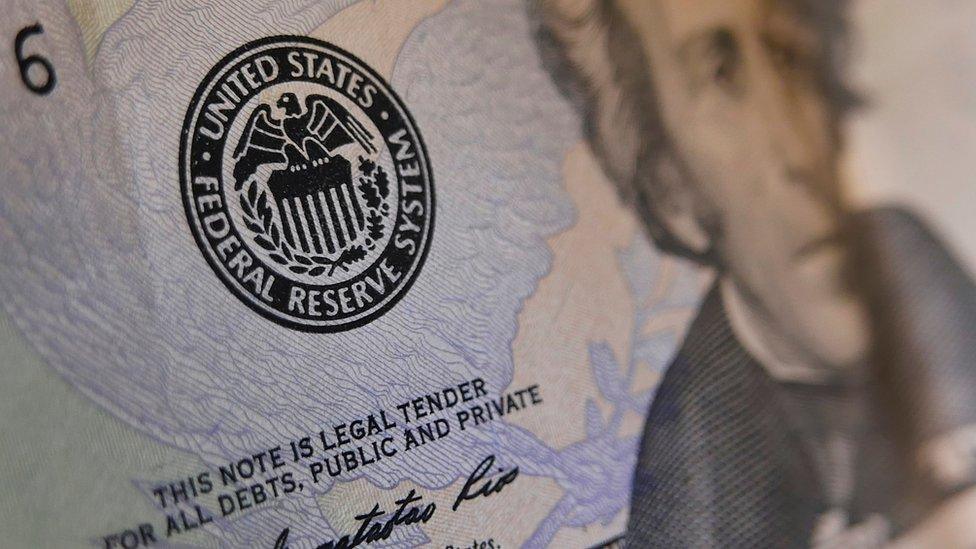
The Fed's low interest rates were intended to aid recovery
At the other end of the scale people have no assets so they are simply left behind. They may have debts so the general downward pressure on interest rates may be helpful. But people without assets and with low incomes usually have to pay higher rates than better-off people who are seen by most lenders as less risky borrowers.
Jeffrey Dorfman of the University of Georgia, external writing for Forbes says most economists agree widening wealth disparity due to low interest rates is happening, though it's hard to quantify (and some have questioned, external whether it really did happen that way).
Prof Dorfman describes the US Federal Reserve's zero interest rate policy as "economic meddling". He says income inequality is not something he particularly worries about, but he does care about policies that "single out certain groups for special benefits" - and in this case he is talking about shareholders.
Of course the Fed's low interest rate and QE policies were intended to stimulate the recovery, rather than change the distribution of wealth. But there's certainly a strong case to say they had that side-effect.
Perhaps the Bank of England is about to take us in the UK further into the world of very low interest rates. Even if they don't it will be a long time before rates are back to levels we thought of as normal before the financial crisis.
- Published29 July 2016
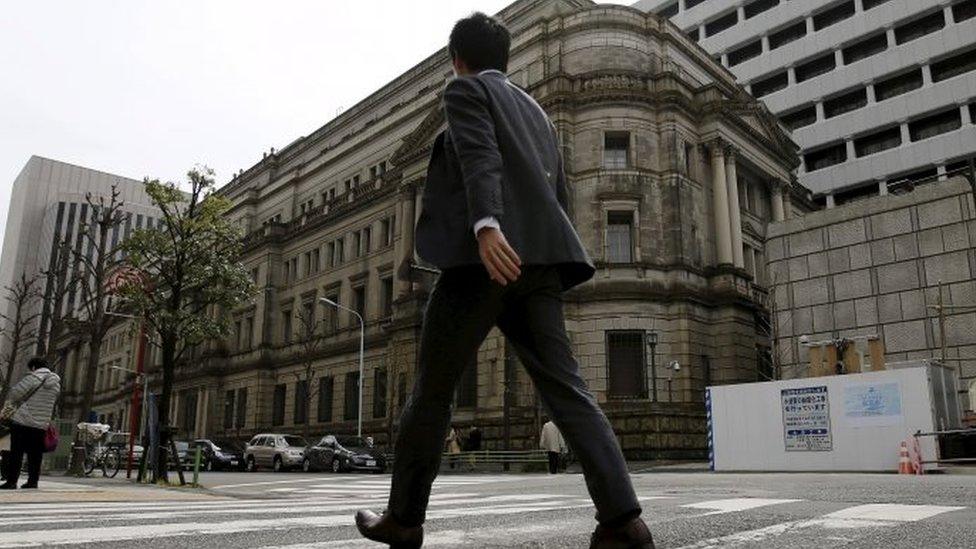
- Published24 June 2016
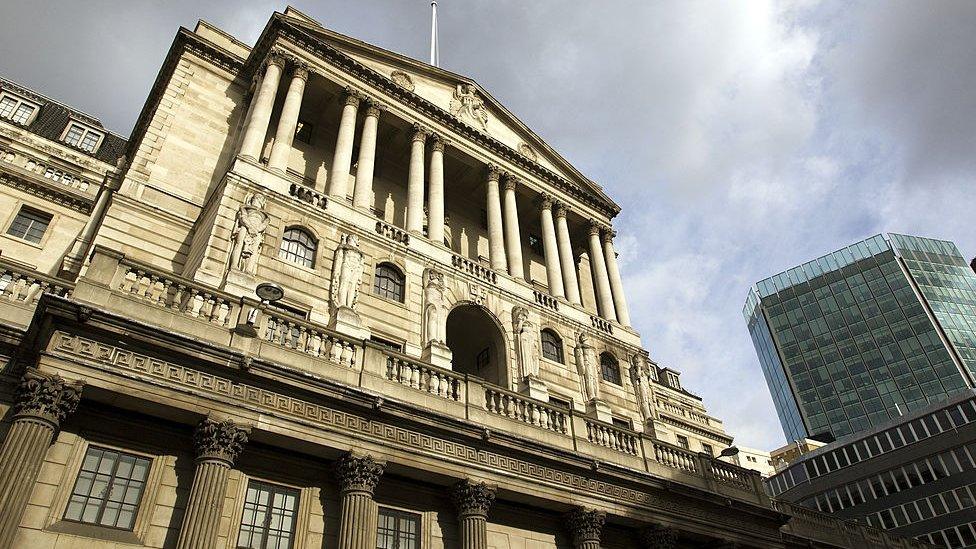
- Published14 June 2016
